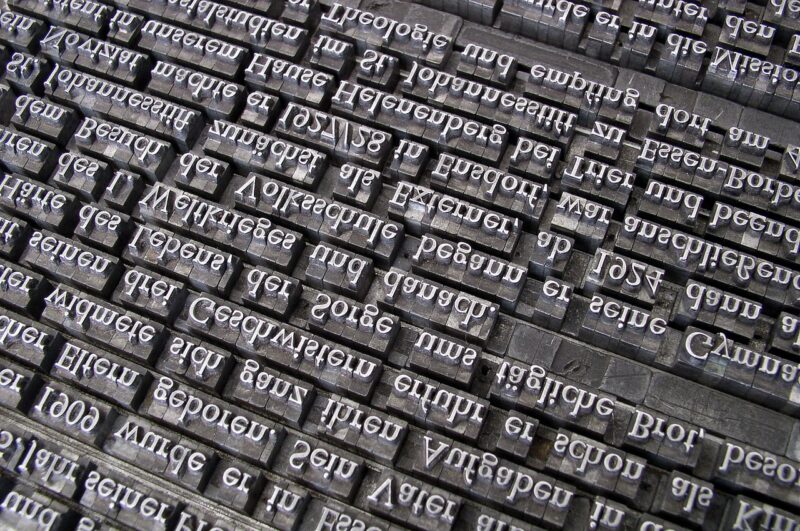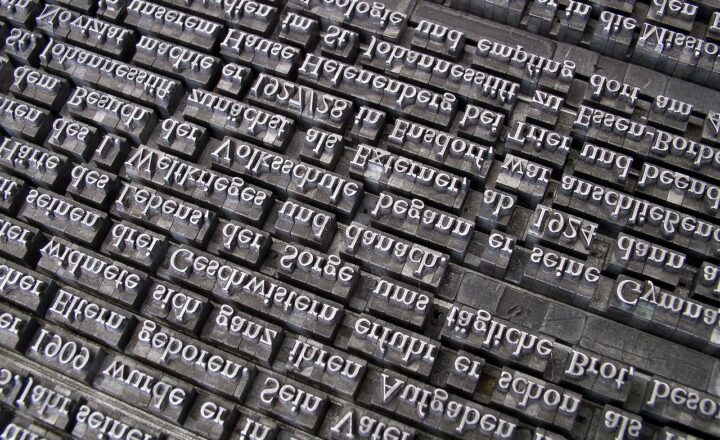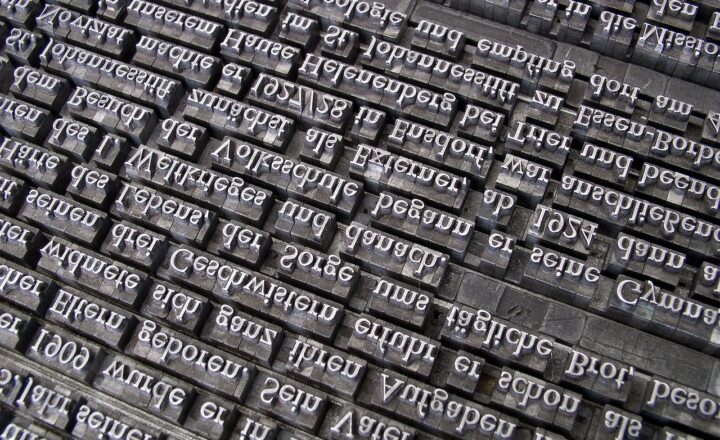How to Make Flashcards Work for You: Proven Techniques for Language Learning
November 12, 2024

Learning a new language can be a daunting task, but using effective study techniques can significantly enhance your retention and comprehension. One of the most popular and effective methods for vocabulary acquisition and language practice is the use of flashcards. In this article, we will explore proven techniques for making flashcards work for you, ensuring that they become a vital tool in your language learning arsenal.
1. Understanding the Science Behind Flashcards
Flashcards utilize the principles of active recall and spaced repetition—two powerful techniques that enhance learning. Active recall involves actively retrieving information from memory, while spaced repetition involves revisiting the information at intervals tailored to your retention. This combination helps reinforce memory pathways and improves long-term retention. Studies have shown that this method can lead to significant improvements in learning outcomes compared to passive study techniques.
2. Creating Effective Flashcards
Not all flashcards are created equal. Here’s how to make flashcards that maximize your learning:
- Keep Them Simple: Each flashcard should focus on one piece of information. This could be a vocabulary word on one side and its definition or translation on the other. Simplicity is key, as it helps you focus during your review sessions.
- Use Images: Incorporate visuals where possible. Images can enhance memory recall and connect the word with an idea or object, making it easier to remember. For instance, if you are learning the word “apple,” include a picture of an apple on the card.
- Incorporate Examples: Instead of just writing the word and its translation, add example sentences. Contextualizing vocabulary in sentences will help you understand how to use words appropriately in real conversations.
- Personalize Your Flashcards: Tailor your flashcards to fit your interests and experiences. For example, if you love cooking, include food-related vocabulary words that you encounter while following recipes. Personalization increases engagement and makes the learning process more enjoyable.
3. Organizing Your Flashcards
Having a well-organized system for your flashcards can streamline your study sessions:
- Categorize by Topic: Group flashcards by thematic topics, such as travel, food, or everyday phrases. This helps you study in context and makes the learning experience more cohesive.
- Use Color Coding: Assign different colors for various categories or difficulty levels. For example, use blue for basic vocabulary, green for grammar rules, and red for complex phrases. This visual cue can enhance memory retrieval during reviews.
- Review and Update: Regularly review your flashcard collection and remove those that you’ve mastered. Add new vocabulary as you progress in your language learning journey, ensuring that your cards remain relevant and effective.
4. Implementing Spaced Repetition
One of the most effective strategies for using flashcards is implementing spaced repetition. It focuses on reviewing cards at intervals that coincide with how long it typically takes you to forget them. Here’s how to structure your spaced repetition study sessions:
- The Leitner System: Organize your flashcards into different boxes based on how well you know the cards. Review cards in the first box daily, those in the second box every few days, and cards in the third box weekly or bi-weekly. This method allows you to concentrate on the areas that need the most attention.
- Flashcard Apps: Consider using digital flashcard apps like Anki, Quizlet, or Memrise, which automatically implement spaced repetition algorithms. These platforms are convenient, offer pre-made flashcard sets, and adaptively schedule reviews based on your performance.
5. Engaging with Your Flashcards
It’s important to make your study sessions interactive and engaging:
- Teach What You Learn: After studying your flashcards, try teaching the material to someone else. This process not only reinforces your learning but also helps identify areas where you need more practice.
- Practice Speaking: As you review your flashcards, say the words out loud. Practicing speaking is essential for language learners, as it develops your pronunciation and fluency. Think about using flashcards as prompts for short conversations or sentences.
- Gamify Your Learning: Add elements of competition by challenging a friend to a flashcard quiz. You can also keep track of how many cards you master over a certain period, rewarding yourself for achieving milestones.
6. Evaluating Progress and Adjustments
To maximize the effectiveness of your flashcard study sessions, it’s crucial to continuously evaluate your progress:
- Set Goals: Establish clear, attainable goals for your learning. For example, aim to learn a specific number of new words each week or complete a certain number of flashcard reviews daily. Goals provide motivation and help measure progress.
- Regular Self-Assessment: Periodically assess your vocabulary knowledge by having verbal or written quizzes using your flashcards. This will help you identify weak areas and adjust your study focus accordingly.
- Seek Feedback: If possible, practice with native speakers or language partners who can provide valuable feedback on your vocabulary usage, grammar, and pronunciation. Incorporate their suggestions to refine your flashcard usage.
Conclusion
Using flashcards effectively can dramatically enhance your language learning experience. By understanding the science behind flashcards, creating structured and personalized cards, implementing spaced repetition, and engaging actively with the material, you can optimize your study sessions for improved retention and application of the language skills you are acquiring.
Remember that consistency is key. Making flashcards work for you is not just about making them—it’s about how you engage with them. So grab your flashcards, choose the techniques that resonate with you, and start mastering your new language today!








